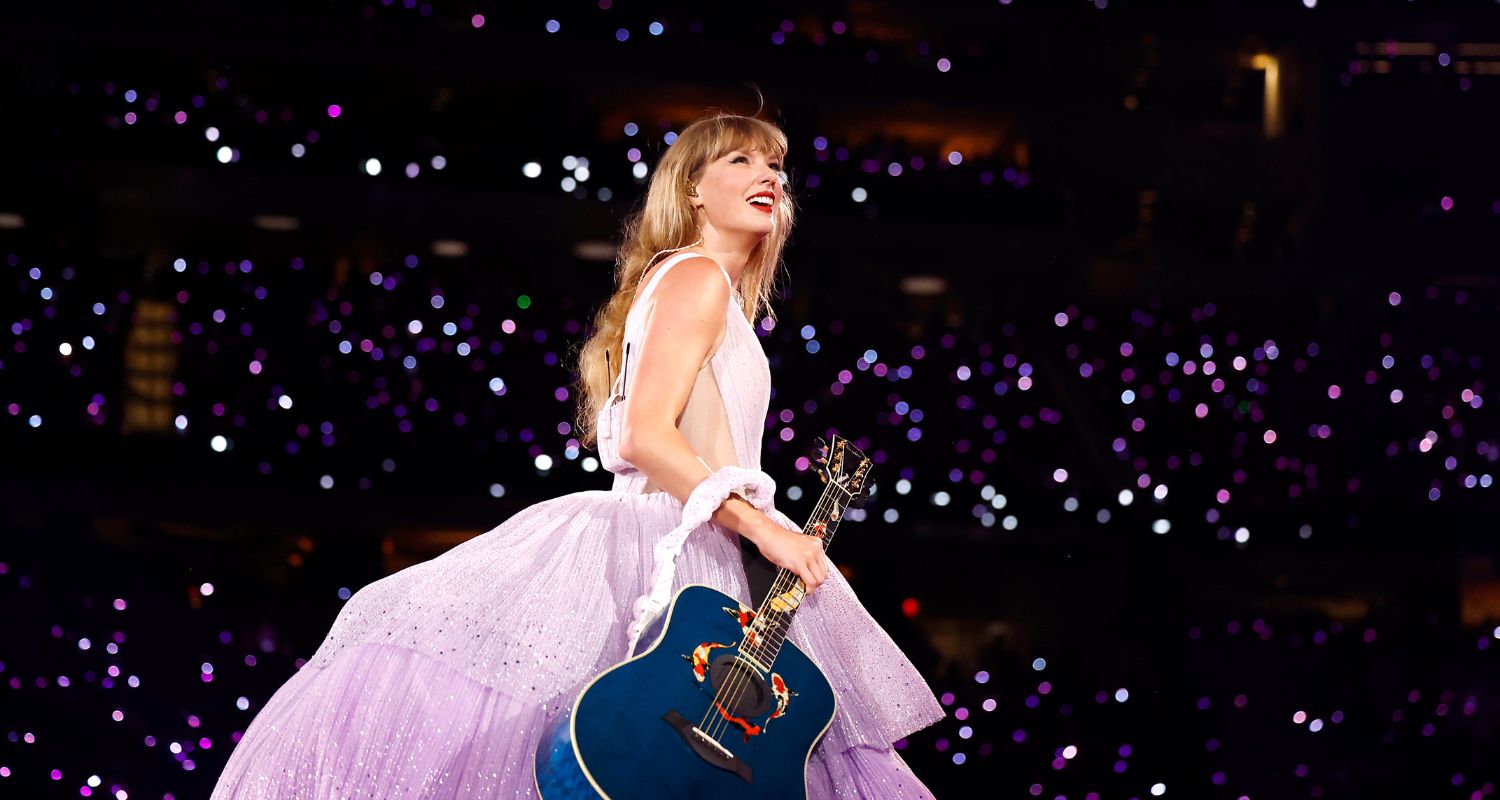Across Australia, fires rage while the country is gripped by an unprecedented bushfire crisis. Since the season hit early, just a few weeks ago, already six lives have been lost, hundreds of homes have been destroyed and scores of our precious wildlife have perished.
WATCH BELOW: A Scorched Koala Is Rescued From A Bushfire-Torn Area
In the midst of such devastating events, it can be easy to feel helpless as an individual. But, there’s actually a lot you can do…
From providing assistance to bushfire victims to supporting wildlife carers with animals in affected areas and implementing longer-term tactics to reduce your own personal greenhouse gas emissions, here’s how you can do your part in Australia’s bushfire crisis.
Provide Assistance To Bushfire Victims
To help those who’ve been affected by the bushfires, donate to relief efforts like Red Cross Disaster Relief and Recovery, The Salvation Army’s Disaster Appeal and Vinnies Bushfire Appeal.
The FindABed initiative aims to link up people who have a spare bed or a safe place for animals to stay, with someone who needs somewhere to sleep. The service is being offered to those in VIC, NSW and SA who have lost homes or have been displaced by the bushfire crisis. The website does stipulate that due to urgency people can’t be screened but phone call connections are organised beforehand. You can register here.
If you’d like to donate goods, contact your local council to seek advice on what goods are needed and where they are needed. Both the Queensland and New South Wales governments have teamed up with not-for-profit fundraising platform GIVIT which connects those having items they’d like to donate, with those in need of the item.

Support Our Rural Firies
Contact your local fire brigade and make a donation to them to support them directly. If you’d like to donate to NSW Rural Fire Service, make a donation online or via post. Similarly, try the Victorian Bushfire Relief, the Queensland Rural Fire Brigades Association and South Australia’s Country Fire Services. All of them are worthy of contributions.

Help Wildlife In Bushfire-Affected Areas
If you live in close proximity to a bushfire-affected area, WIRES Australian Wildlife Rescue Organisation recommends leaving bowls of water outside your home for animals and birds escaping the fire. WIRES also recommend keeping a cardboard box and towel in the boot of your care so that you may safely contain an injured animal if you come across one.
For more information on what to do if you come across wildlife injured by the bushfires, check out WIRES’ factsheet here.
Financial donations are also needed by WIRES and other wildlife help organisations like Wildlife Preservation Society of QLD and World Wide Fund For Nature Australia (WWF). A range of Go Fund Me pages are also seeking donations such as the Help Thirsty Koalas Devastated by Recent Fires which has been organised in aid of Port Macquarie Koala Hospital.
Reduce Your Personal Greenhouse Gas Emissions
If you’re looking for more long-term solutions, there are plenty of new behaviours you can put into action for 2020 and beyond. According to a resounding chorus of experts, at the heart of Australia’s bushfire crisis is climate change.
“Just a one degree temperature rise has meant the extremes are far more extreme, and it is placing lives at risk, including firefighters. Climate change has supercharged the bushfire problem,” said former NSW Fire and Rescue Commissioner Greg Mullins at a press conference.
Fortunately, there are many steps you can take as an individual to reduce your greenhouse gas emissions:
- Reuse, reduce, recycle
- Turn off the air-con (or in winter – the heater)
- Forgo the dryer in favour of a washing rack or line
- Take public transport, walk or ride a bike instead of driving
- Minimise your electricity usage and switch off lights and appliances when not needed
- Install solar panels at your home
- Cut down your consumption of meat
- Plant trees
- Encourage your friends, family and work colleagues to also reduce their greenhouse gas emissions
Check Where Your Bank And Superannuation Funds Invest
Again, thinking with a more longterm view, money talks, as they say, and one of the best things you can do as an individual is to ensure your money isn’t funding industries contributing to climate change.
Use the Market Forces website to check whether your bank and superannuation fund are investing in fossil fuels and if so, take your money elsewhere.
Write To The Prime Minister And Your Local Member
Write to the Prime Minister as well as your local member to express your concerns about the bushfires and the connection to climate change. For some tips on writing an effective letter, check out the Climate Council’s tips here.
You might also like to consider signing a petition like this one on change.org to add your voice to the #attnscottmorrison movement.
Across Australia, fires rage while the country is gripped by an unprecedented bushfire crisis. Since the season hit early, just a few weeks ago, already six lives have been lost, hundreds of homes have been destroyed and scores of our precious wildlife have perished.
WATCH BELOW: A Scorched Koala Is Rescued From A Bushfire-Torn Area
Across Australia, fires rage while the country is gripped by an unprecedented bushfire crisis. Since the season hit early, just a few weeks ago, already six lives have been lost, hundreds of homes have been destroyed and scores of our precious wildlife have perished.
WATCH BELOW: A Scorched Koala Is Rescued From A Bushfire-Torn Area










